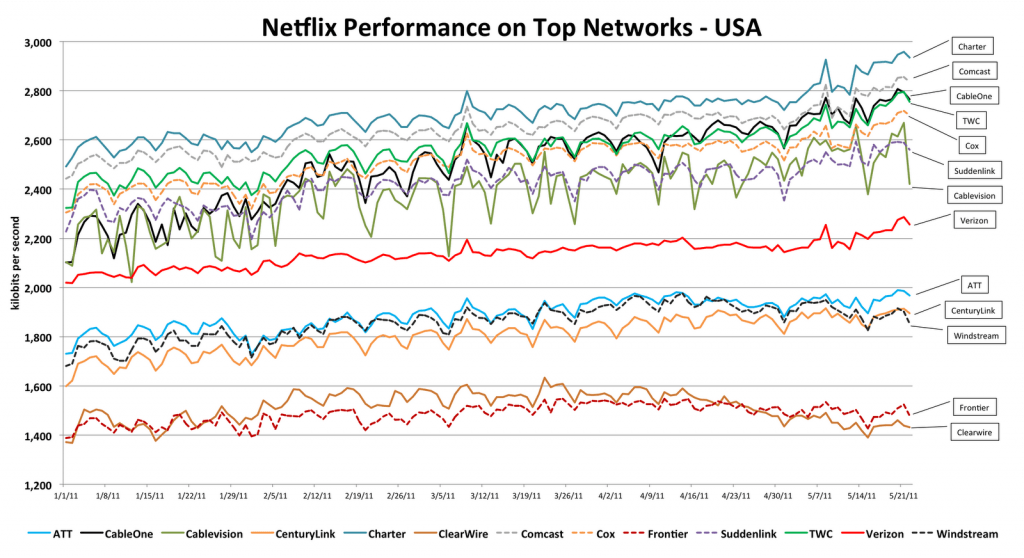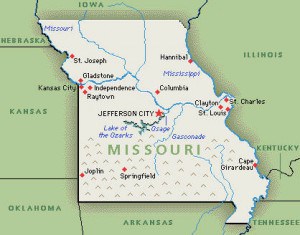 Charter Cable told a Howell, Mich. family that lost everything in a major house fire they owed the cable company $1,600 for cable equipment, remote controls — even the batteries — that were consumed in the blaze.
Charter Cable told a Howell, Mich. family that lost everything in a major house fire they owed the cable company $1,600 for cable equipment, remote controls — even the batteries — that were consumed in the blaze.
Kerry Cacchione, her three children and her husband Jeff lost every single possession they owned in the fire seven weeks ago. The Cacchione family, like many home renters, neglected to purchase all-important renter’s insurance, and without it, all of their furniture, clothing, and other valuables were gone for good.
When the family returned home to see the property, undergoing repairs paid for by their landlord, they were confronted with an enormous bill from Charter Communications, their cable company.
“$1,600, and they [charged us] for every remote, every battery, every modem, every cable box, and every DVR box,” said Cacchione.
The Cacchione family took the bill to Charter Cable and begged for forgiveness, telling employees there was no way they could afford to pay that cable bill.
Kerry reports Charter was unsympathetic and refused to waive the charges, leading her to ask WXYZ’s “Call for Action” to intervene.
With the threat of more bad publicity on the 6 o’clock news, Charter Communications decided to wipe out their bill.
Charter is among the most intransigent cable companies when it comes to demanding compensation for cable equipment destroyed or damaged in fires. The company always relents when confronted with the prospect of bad publicity, such as when a customer service representative told one tornado victim in Alabama she would wait on the phone while she searched through debris in the neighborhood for lost cable equipment.
Every renter should always have renter’s insurance, which typically will cover damaged cable equipment. It’s very affordable and protects renters from losses. Many consumers believe landlords carry insurance which will protect them in the event of a natural disaster or fire, but those insurance policies protect the landlord’s property, not renters’ possessions. The peace of mind afforded by renter’s insurance can make all the difference in a major loss like the one experienced by the Cacchione family.
[flv width=”360″ height=”290″]http://www.phillipdampier.com/video/WXYZ Detroit Losing It All 8-31-11.mp4[/flv]
WXYZ in Detroit comes to the rescue of yet another family falling victim to an enormous cable bill from equipment lost or damaged in a house fire. (3 minutes)


 Subscribe
Subscribe



